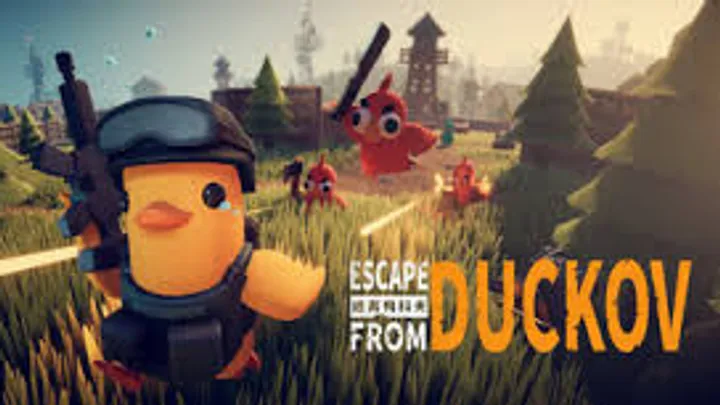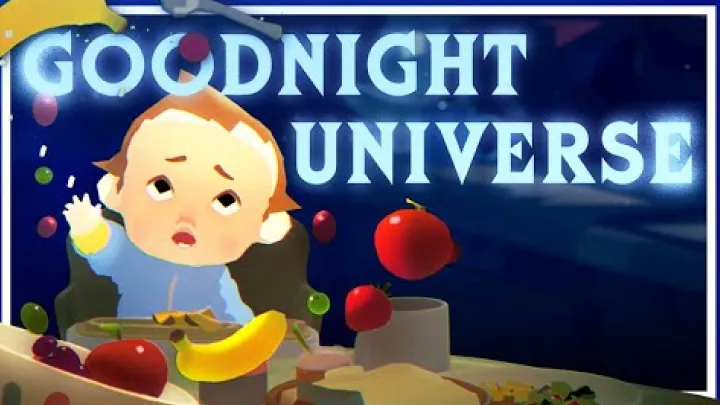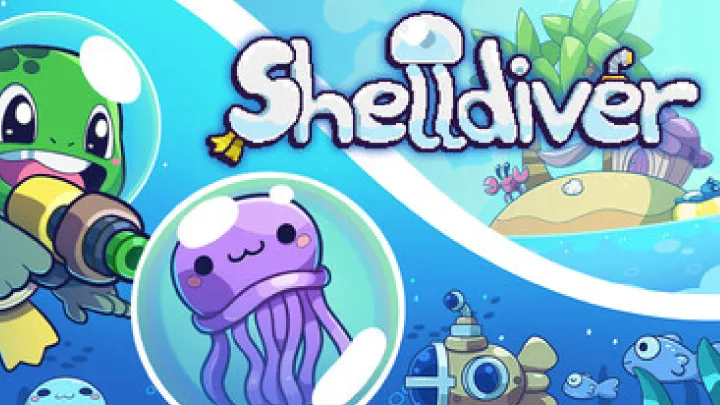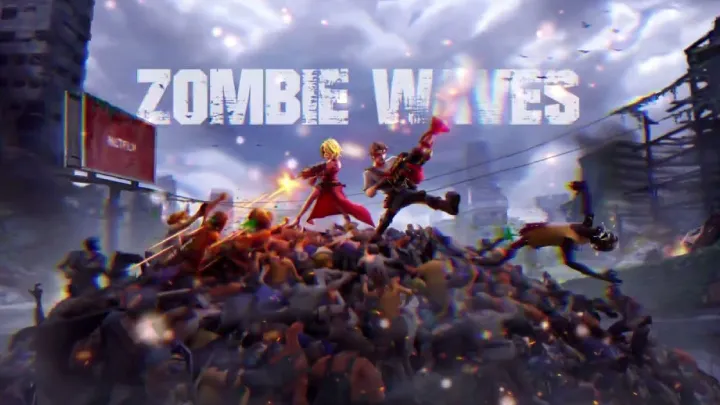The spirit of Telltale Games’ golden age of episodic, choice-driven storytelling feels vibrantly alive in Dispatch, a superhero adventure by developer AdHoc Studio. This title manages to carve out a unique space for itself, blending a rich, character-driven drama with an engaging, puzzle-like layer of real-time management. The result is a game that, at times, feels less like a traditional video game and more like the "Fantastic Superhero TV" it is lauded as, sustained by superb writing and an excellent cast that makes you want to tune in week after week.
A Stellar Setup: From Hero to Handler
Dispatch introduces us to Robert Robertson III, formerly the prominent hero Mecha Man, who relied on his armored suit instead of superpowers. His life is adrift after his suit is damaged beyond repair, leaving him without his primary identity. He is approached by the famous hero-for-hire, Blonde Blazer, and offered a new role: dispatcher. Robert's new mission is to direct and assist a motley crew of hired heroes. The twist, which forms the core dramatic tension of the game, is that his entire team is composed of former supervillains—individuals with explosive tempers, crass attitudes, and a distinct lack of camaraderie that makes them poorly suited for hero work.
This is a stellar set-up that is immediately strengthened by a fantastic roster of varied characters. Robert himself is a refreshing protagonist. While he initially presents as a typical washed-up hero, defined by dour sarcasm and depression, he possesses an earnest, underlying desire to help people and remain a force for good. He views his team of former villains not as a hindrance but as a mission—a group he intends to mentor and mold into heroes greater than he ever was, for the good of the city and their own lives. His inspirational speeches become a running gag, yet they are an effective motivational force, lending weight to both the narrative and the subsequent strategic choices the player must make.
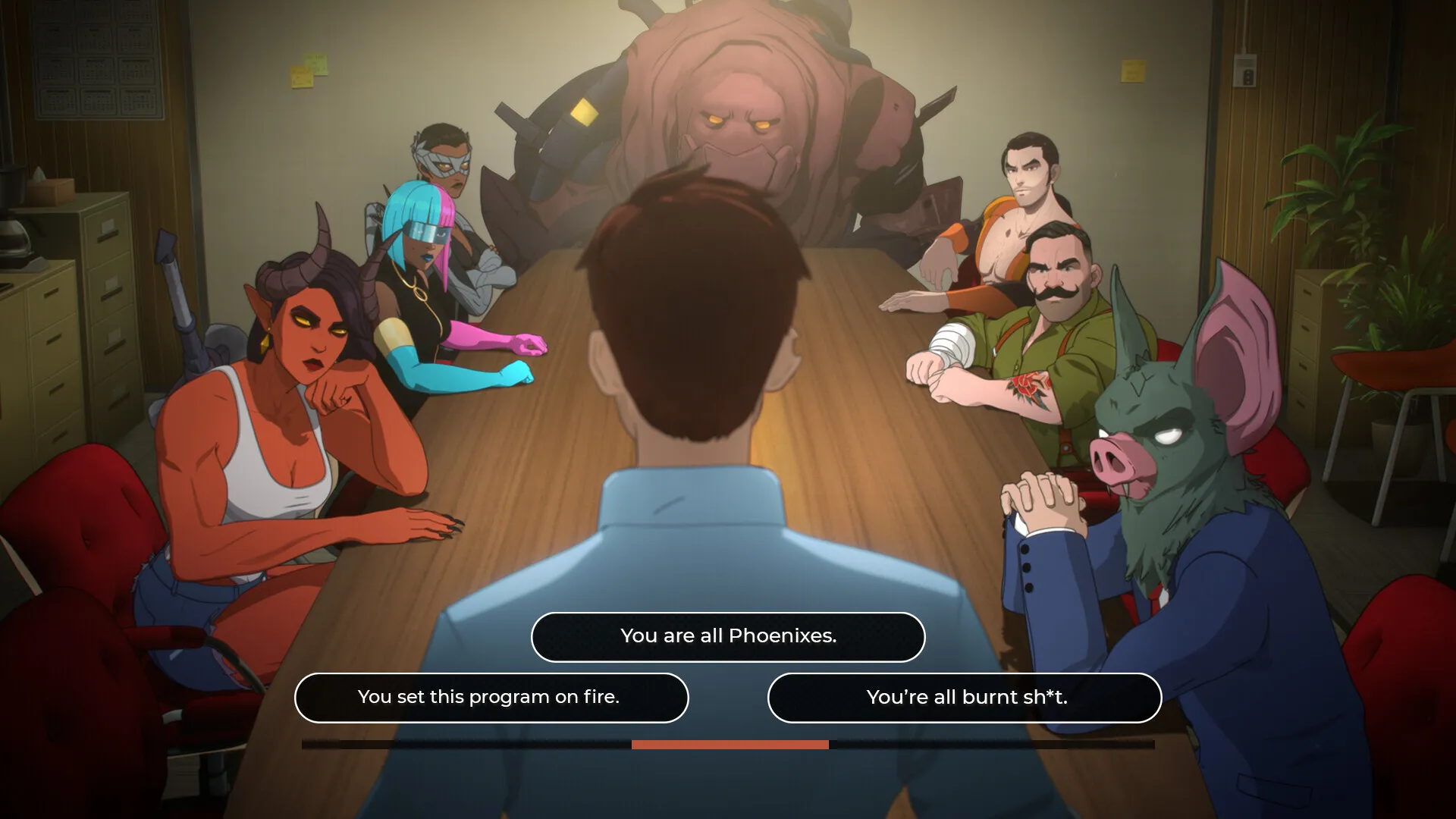
The Engaging Puzzle of Dispatching
The main gameplay loop of Dispatch sees Robert behind a computer screen, acting as the nerve center for the city. Alerts about crimes and calls for help flood in, and it is up to the player to carefully read and interpret each request to react accordingly. These requests are meticulously worded, pointing to what a person is asking for—a call to stop a fight might specifically request a non-violent intervention, while another might be a timed bomb threat requiring the fastest available responder.
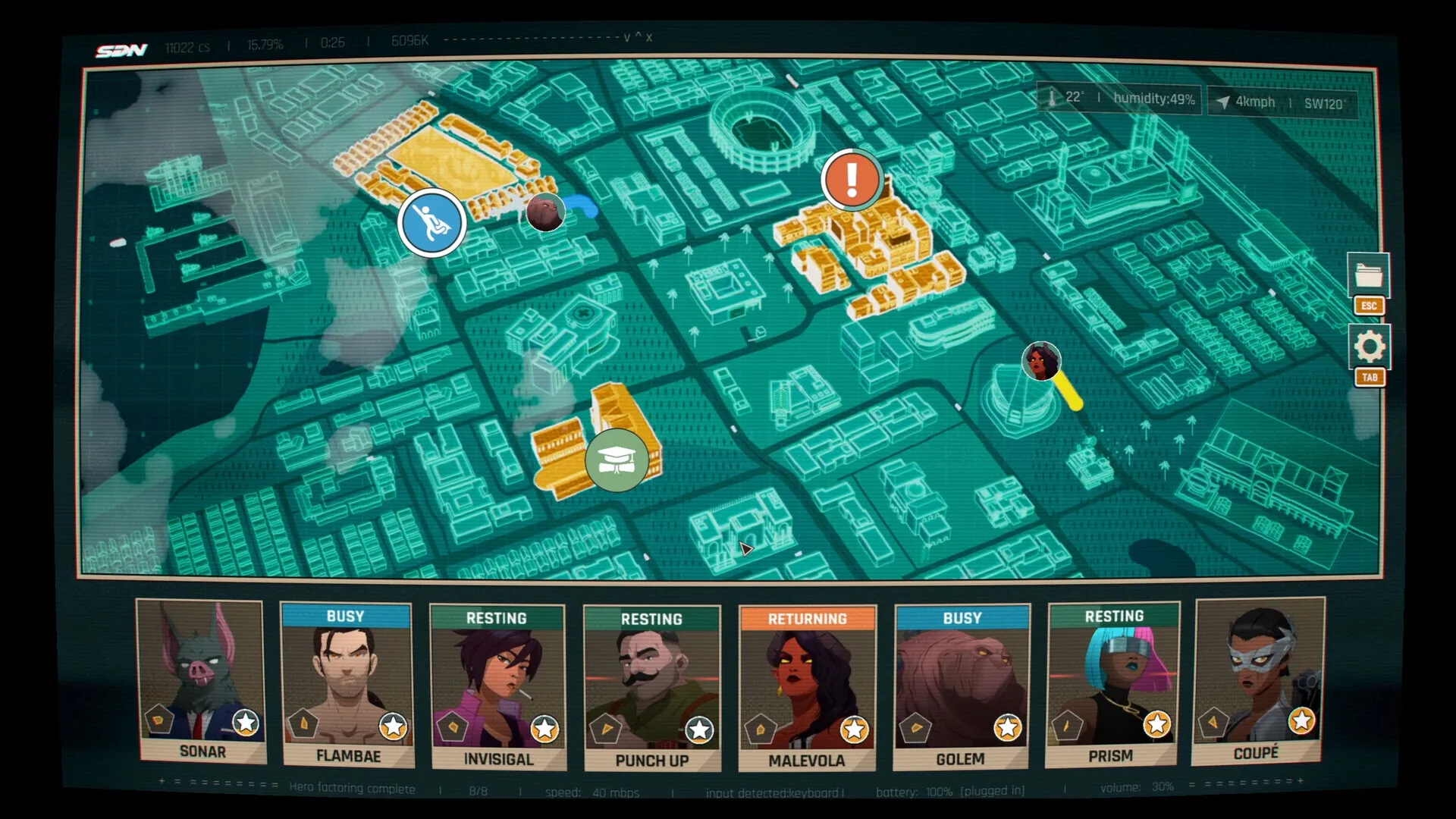
The strategic depth comes from managing Robert’s team. Each would-be hero—such as the sword-wielding half-demon Malevola, or the highly mobile assassin Coupé—has an array of scores split across five key stats: Combat, Vigor, Mobility, Charisma, and Intellect. The player must match the right hero (or combination of heroes) to the right job, based on the language of the request. A high-speed chase requiring holding off enemy fire might call for a partnership between the highly mobile stealth hero Invisigal and the damage-soaking bruiser Golem.
Rarely is a single hero the perfect choice, and every mission carries a chance of failure determined by luck and skill level. The margin for error can be closed by sending multiple heroes, but this introduces the critical trade-off of time and resources. Every hero sent is taken out of the rotation for a period—traveling, executing the assignment, returning, and finally resting. With a dozen or more missions per shift, often popping up in batches of two to four, and a short timer on each before it times out, the game forces quick, strategic thinking. Over-committing heroes early on to avoid failure leaves Robert with an empty roster when the next urgent batch of missions rolls in, guaranteeing failure. This challenge grows more complex over time, making the process of dispatching an exciting, ever-escalating tension.
Growth and Leadership: The Character Progression
The game masterfully weaves the strategic management loop into the narrative’s character progression. As former villains complete assignments, they gain experience and level up, allowing the player to upgrade their stats. Over time, the player learns to recognize the buzzwords that clue them into the best team member to dispatch. They begin training each hero, learning which partnerships create synergy, and uncovering each crew member’s unique passive abilities. Robert himself levels up, unlocking dispatcher perks like powerful coffee to bypass a hero’s resting period, or medic training to heal injuries that penalize a hero’s success rate.
The structure of Dispatch is such that the player’s learning curve in mastering the dispatch system mirrors Robert's own growth in confidence and camaraderie with the team. This creates a compelling and personalized illusion—the sense that your efforts to understand and manage the team are directly resulting in their increased solidarity and success.
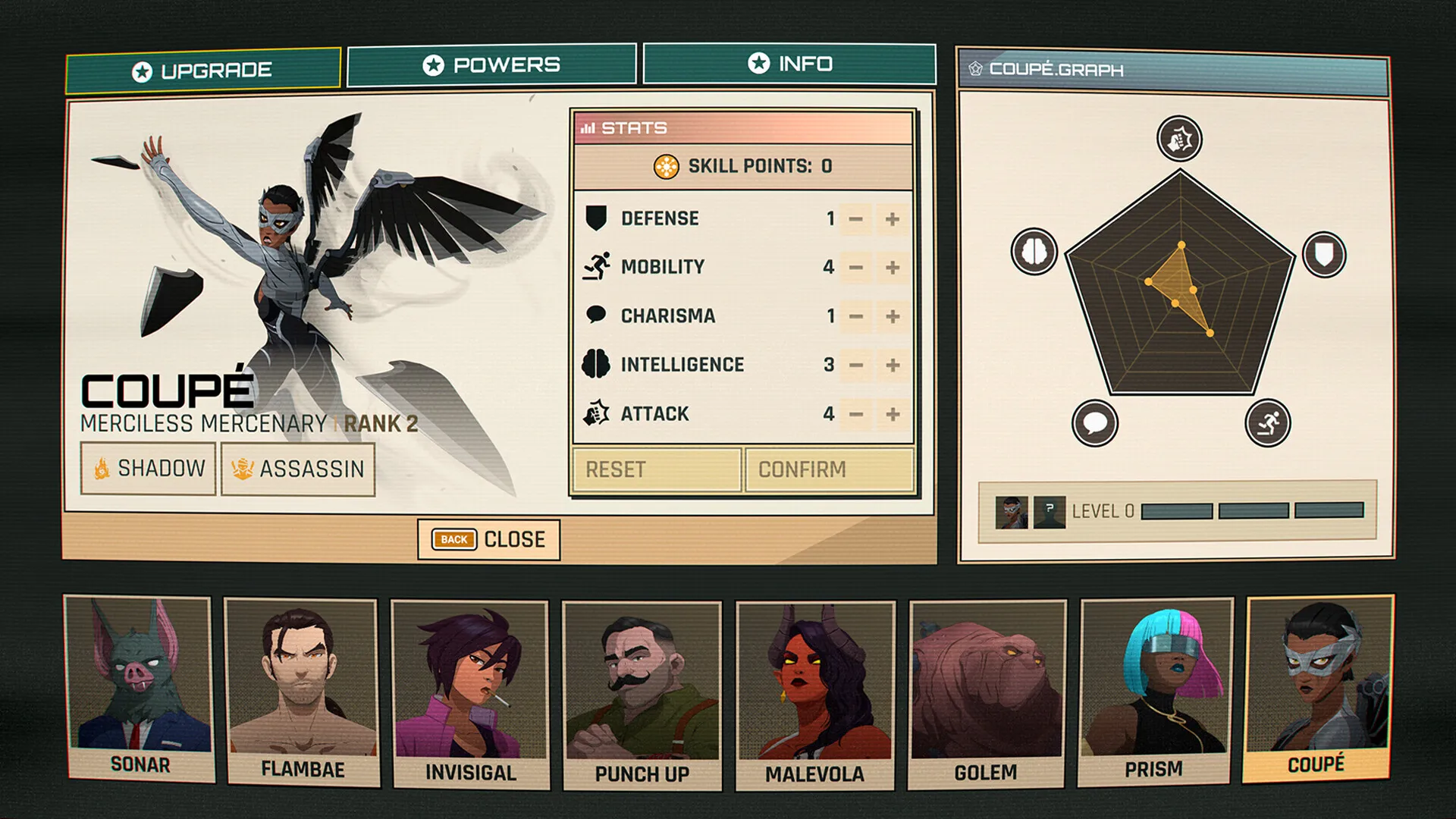
On occasion, Robert must intervene more directly. Sometimes this is a crucial judgment call when a complication arises on a mission, requiring the player to select from three or four phrased options that hint at the necessary skill set. Other times, Robert lends his technological expertise through hacking, which plays out as a challenging minigame. Here, the player guides a polyhedron through a node maze, sometimes needing to reach an end point, input a pattern, or maneuver around a persistent, glowing red-eye antivirus. These minigames become suitably tense in the endgame, though an appreciated accessibility option allows for unlimited time and retries.
The Illusion of Choice: A Narrative Dampener
However, the game's excellence as an interactive drama is somewhat undercut by its fundamental limitations as a choice-driven video game. Between shifts, the player guides Robert through his new life, interacting with coworkers, potential love interests, and his goal to become Mecha Man again. Dialogue choices are timed, encouraging gut reactions—a familiar mechanic for Telltale veterans. Yet, Dispatch makes a notable deviation: the choice to remain silent is absent. If the timer runs out on a dialogue option, the game auto-picks one for the player. This means the story can continue even if the player makes no choices at all outside of the dispatching shifts, pulling the overall experience closer to an interactive TV show than a true cinematic game.
This feeling is reinforced by the narrative’s lack of clear, dramatic ramifications for major decisions. The game presents many small, consequential choices, but the big ones often prove to be an illusion. A prime example occurs early on: Robert is forced to cut the lowest-ranked member of the team. No matter how much the player focuses on improving the performance of the candidates, fights the idea of cutting anyone, or purposely sabotages other characters, the player is inevitably trapped into cutting one of two characters. This decision ultimately has minimal long-term impact on the main storyline, largely affecting the composition of the hero roster and their available skill sets, which can be easily adapted for.
The Power of Character and Writing
The lack of true player efficacy is made frustrating by the sheer quality of Dispatch's writing. The character arc of Invisigal, for instance, showcases what the game is capable of. Invisigal struggles with being a hero, believing her power (invisibility) fated her to be a villain. Robert’s mentorship and his message that "it is our choices that define who we are" become the main throughline of their relationship. The choices made regarding her have a unique, interesting ramification on the game’s conclusion—a consequence substantial enough to warrant engaging with the choices, if only to secure her path to redemption.
The expressive animations and superb voice acting, particularly from Aaron Paul (Robert) and Laura Bailey (Invisigal), bring this dynamic to life. Their back-and-forth is compelling, and though many of their best scenes are tucked away into their romance path, investing time in Invisigal, regardless of romantic intent, is worthwhile.
While the rest of the team may not receive the same depth of treatment as Invisigal, they are all enjoyable to interact with. The incredible writing and stellar voice acting make this one of the best superhero dramas in recent memory. The interlude of dispatching heroes and watching Robert grow as a leader is a fun and stimulating challenge that complements the narrative perfectly. Despite the game’s structural flaws in delivering on the promise of massive, branching narrative consequence, Dispatch earns an easy recommendation. The world-building and the character work are too strong for this to be a one-and-done entry; it is more than worthy of a second season.





